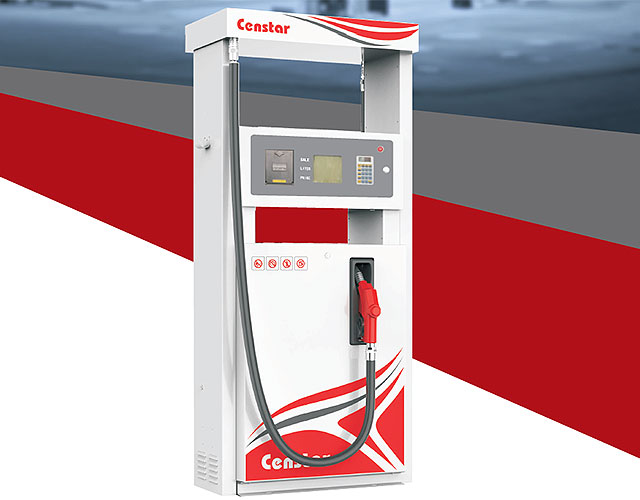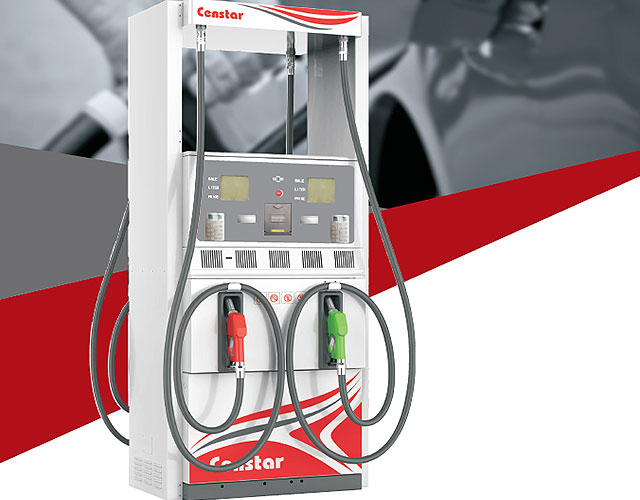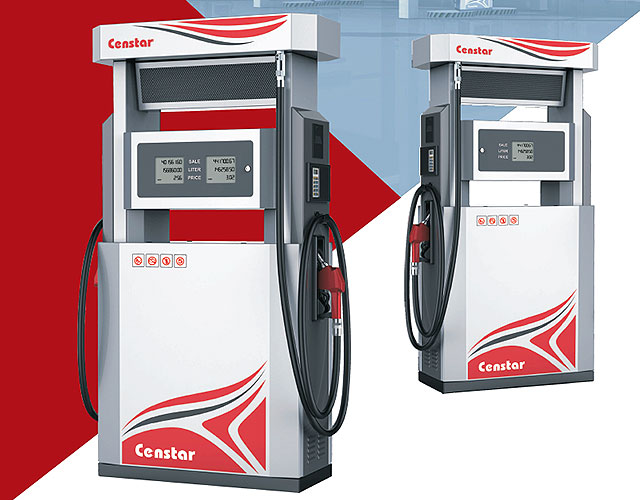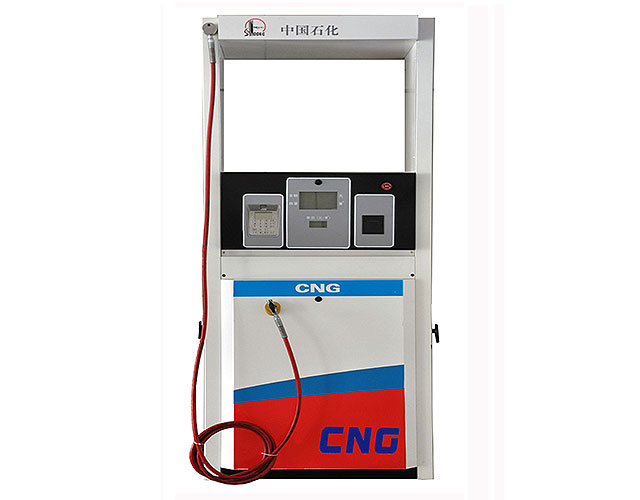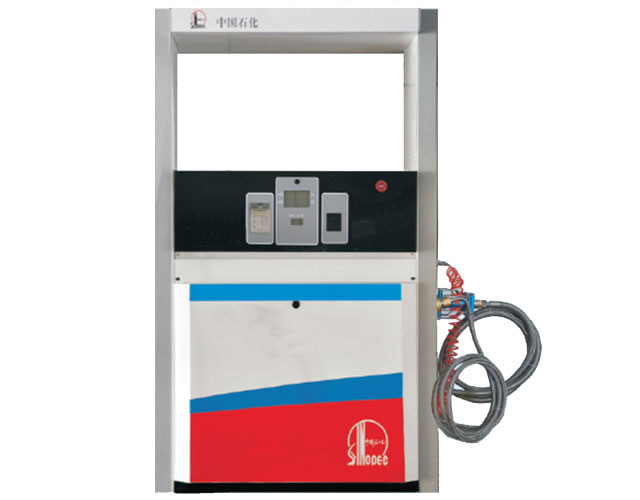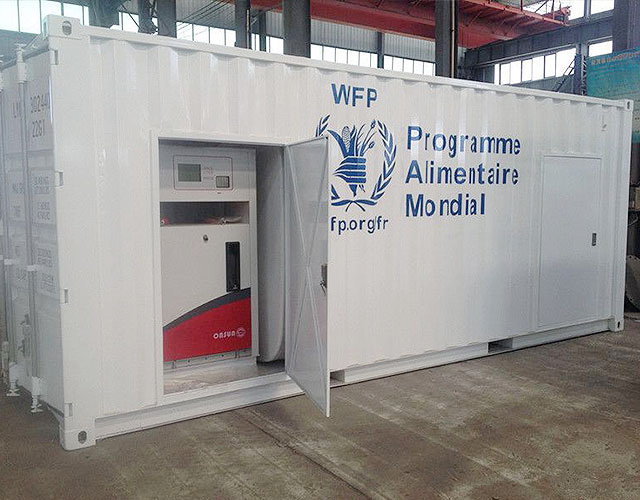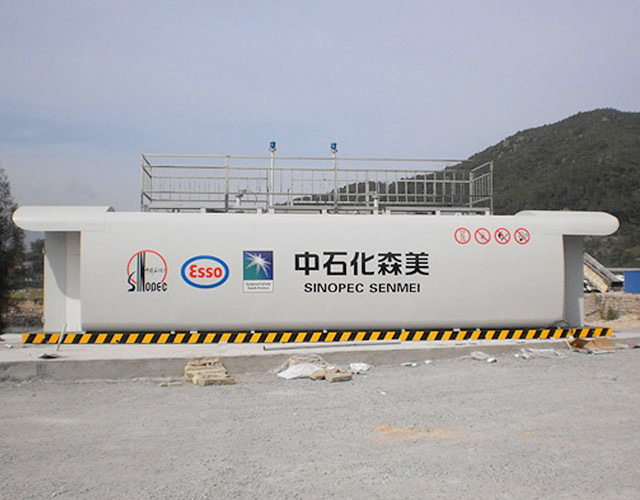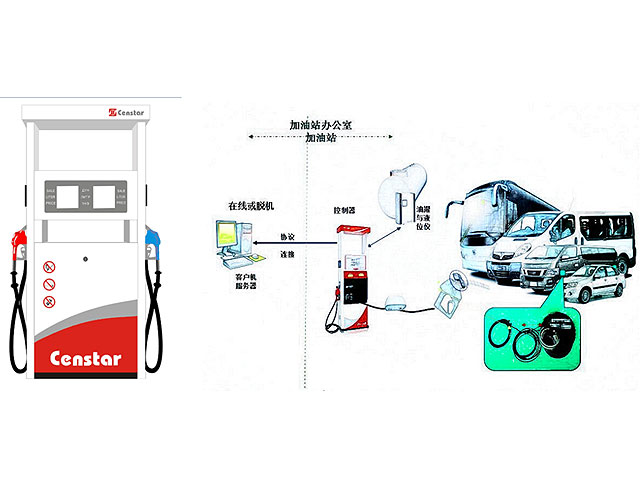safe fuel dispensers electrical requirement

Chapter 4: Aboveground Storage Tanks and Containers
lubricating systems (including lubricating systems for pumps, compressors, and other rotating equipment), gear boxes, machine coolant systems, heat transfer systems, transformers, and other electrical equipm ent. Oil filled electrical and operational equipment must comply with the general secondary containment requirements.

Occupational Health & Safety (OHS) in Petrol Stations
Precautions for hot work on vehicle fuel tanks. Safety of electrical equipment used in pits. Floors shall not be washed with flammable liquid. Emergency clean up equipment shall be available in case of spillage. Persons under the age of 15 years shall be prevented from operating fuel dispensers. Precautions for working in confined spaces.

Above Ground Fuel Storage Tanks Rules and Regulations
Envirosafe™ tanks, a nationally recognized manufacturer of above ground fuel systems, are dedicated to quality, safety, and fuel storage tanks use only the highest quality materials, and our tanks adhere to all federal, state, and local rules and regulations.

Guidelines for the Safe Operation and Maintenance of Marinas
4.1 The fuel dispensing area should be located a sufficient distance from other structures to allow adequate room for safe ingress and egress of craft to be fueled. Dispensing units should be at least 25 feet from any activity not associated with the handling of fuel. 4.2 Approved dispensing units, with or without integral pumps, should always

Disconnect The Neutral Too? Electrical Contractor Magazine
An electrical contractor recently requested information about the required emergency disconnects for a motor fuel dispensing facility. The questions related to whether the emergency power off (EPO) had to disconnect the neutral (usually the grounded conductor) in addition to all the circuit conductors feeding the dispensers and fuel pumps.

CHAPTER 23 MOTOR FUEL DISPENSING FACILITIES AND REPAIR
Electrical equipment, dispensers, hose, nozzles and submersible or subsurface pumps used in fuel dispensing systems shall be listed. 2306.7.2 Fixed pumps required. Class I and II liquids shall be transferred from tanks by means of fixed pumps designed and equipped to allow control of the flow and prevent leakage or accidental discharge.

Article 514 Motor Fuel Dispensing Facilities
Article 514 Motor Fuel Dispensing Facilities. By Mike Holt, for EC&M Magazine. Imagine how terrible it would be if you were putting gas in your company truck or your personal automobile, and the gas dispensing station erupted into a ball of fire.

Diesel fuel dispensers as they relate to hazardous
The flash point of diesel fuel is 100°F or above; thus, the area involving diesel fuel is typically not a classified location. But if the conduit for the diesel dispenser passes through the Class I area around the gasoline dispenser, then the installation must comply with the sealing and wiring method requirements of Art. 501 ( Figure). Q.

Executive Summary NFPA
Executive Summary • The hazards of motor fuel dispensing facilities are very unique and questions related to their use (including this interpretation) are most appropriately interpreted by the Technical Committee on Automotive and Ma rine Service Stations. NFPA 7 0, for example, specifically

ELECTRICAL INSTALLATION OF FACILITIES FOR THE STORAGE
and Safety Executive (HSE). The guidance is intended to assist those in the UK comply with the statutory Electricity at Work Regulations (1989) and petroleum storage legislation, with regard to electrical design and installation relating to the storage and dispensing of LPG and/or CNG as an automotive fuel.

Dispensing petrol as a fuel: Health and safety HSE
Procedures for dispenser switch off, tanker parking, tanker and tank dip checks or gauge readings, petroleum certification, and completion of fuel stock control records; Site opening and closing procedures; Dealing with customer queries regarding safety. A record of

Fueling Operations & Static Electricity
Much of the research on bonding requirements involves dispensing fuel from Marine Service Stations. All piping, tanks, valves and dispensing equipment must be bonded continuously so that all non current carrying metal parts have the same potential to ground. This is especially important at the dispensing

Electrical Safety for Motor Fuel Dispensing Facilities
Meeting the NEC disconnect requirements at motor fuel dispensing facilities provides necessary safety for personnel and station equipment during maintenance and service activities. The current requirements in NEC and emphasize that the system low voltage circuits are included and must be disconnected as well. A couple of key items

NFPA 58 Requirements for Dispensers Ray Murray
NFPA 58 Requirements for Dispensers 2001 edition 3.9 Vehicle Fuel Dispenser and Dispensing Stations. 3.9.2.2 Vehicle fuel dispensers and dispensing stations shall be located away from pits in safe atmosphere or product retaining section.

(A) Emergency Electrical Disconnects.
Code Change Summary: Changes were made to the requirements for emergency shut off switches for fuel dispensers. The requirements for emergency electrical disconnects for fuel dispensers were revised in order to align with NFPA 30A, Motor Fuel Dispensing Facilities and Repair rules are mostly the same with a few changes that make them a bit easier to understand.

Preventing Fires at the Gas Pump Electrical Construction
Diesel fuel is considered combustible, not flammable. Therefore, a diesel dispensing area is unclassified, and associated electrical equipment and wiring need not comply with the requirements of Chapter 5. But it's common to wire diesel fuel dispensers adjacent to gasoline dispensers.

Providing Compliant Disconnects for Fueling Dispensers
Providing Compliant Disconnects for Fueling Dispensers shock when a service person works on a fuel dispenser or other equipment. According to Article , the system that it controls does not meet the current safety requirements defined in national safety codes, such as the “National Electrical Code®” even though these

Electrical, Requirements Regarding Fuel Storage
Electrical, Requirements Regarding Fuel Storage Regulatory Citation OSHA 29 CFR (b) Hazardous (classified) locations What It Is Standard addresses requirements for electric equipment and wiring in locations that are classified depending on the properties of the

WAC F500 039 222 Electrical Safety Standards
Electrical Program On the Web: Electrical Safety Standards, Administration and Installation State of Washington WAC 296 46B Effective July 2014


